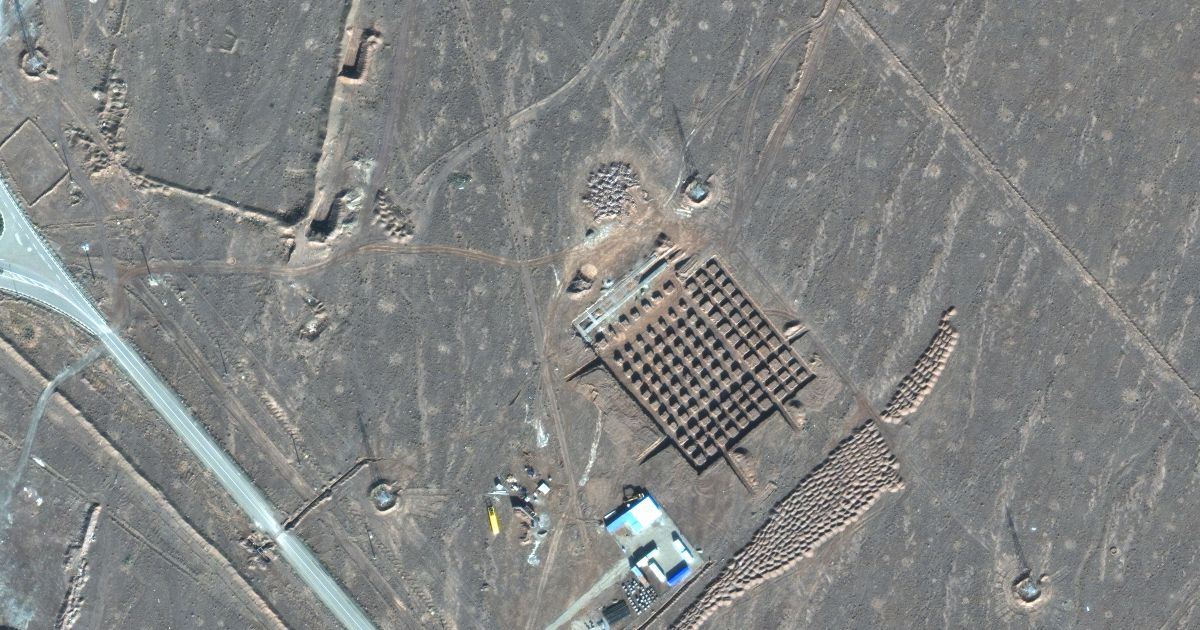
Since 2020, Iran has accused Israel of orchestrating two sabotage attacks on its nuclear facilities and of assassinating a nuclear scientist.
Tehran, Iran – Iranian state television has aired a report claiming that the Islamic Revolutionary Guard Corps (IRGC) foiled an imminent Israeli plot to “sabotage” the Fordow uranium enrichment plant.
A two-minute report broadcast late on Monday promised more details to come soon, but outlined a purported attack that involved an agent paid by Israel attempting to approach a person working with advanced IR-6 centrifuges at the plant.
The alleged agent, who was reportedly provided with secure communications and was paid in cash and cryptocurrencies, tried to approach the plant employee using a contact at an unnamed Hong Kong company as a mediator.
The “major” sabotage attack was said to be set to happen before Nowruz – the end of the Iranian year – on March 20.
The intelligence arm of the IRGC and a never-before-mentioned unit referred to as IRGC Nuclear Command were said to have become aware of the plot and foiled it.
The report comes as Iran and the world powers party to the 2015 nuclear deal are at the final stages of their talks in Vienna to restore the accord after 11 months of intense negotiations.
If successful in restoring the accord that the United States unilaterally abandoned in 2018, an agreement will see the harsh sanctions imposed on Iran lifted while scaling back down its advancing nuclear programme.
‘Nuclear terrorism’
A year after former US President Donald Trump withdrew from the Joint Comprehensive Plan of Action (JCPOA), as the deal is formally known, Iran began gradually abandoning its nuclear curbs agreed under the deal.
It accelerated that process after its main nuclear facilities at Natanz were targeted by two separate sabotage attacks in July 2020 and April 2021 – the second coming just days after the Vienna talks began.
Both attacks, in addition to the November 2020 assassination of senior nuclear scientist Mohsen Fakhrizadeh near Tehran, were denounced as “nuclear terrorism” and blamed on Israel, which did not accept or deny responsibility.
Iran is now enriching uranium up to 60 percent – its highest-ever rate – using an array of advanced centrifuges, including the IR-6 model. But Tehran maintains that its nuclear programme is strictly peaceful.
Israel, the biggest opponent of the nuclear accord and its restoration, has said it will not be bound by any potential agreement reached in Vienna.
On Sunday, shortly after the IRGC launched ballistic missiles at a purported Israeli base in neighbouring Iraq as retaliation for the killing of two of its members in Syria days earlier, former Israeli Prime Minister Benjamin Netanyahu reiterated that the nuclear deal should not be restored. It would be “not only absurd, but downright dangerous” to pursue the nuclear accord with Iran, Netanyahu said.
But US officials have signalled they will not abandon the Vienna talks.








